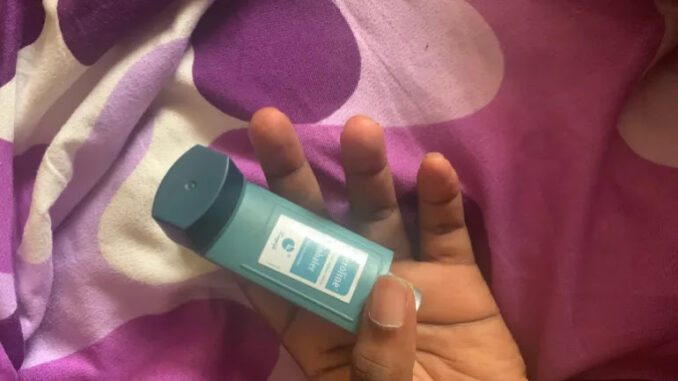
Asthma patients in Nigeria are grappling with skyrocketing prices and shortages of essential medications following the departure of major pharmaceutical companies from the country. Gloria Mofifoluwa, a 24-year-old undergraduate student and asthma sufferer, recently experienced the shocking impact of this crisis when she went to purchase a Ventolin inhaler in Ibadan City. The price had more than doubled, from 2,800 naira ($1.86) to 7,500 naira ($5), and many pharmacies were out of stock.
The scarcity and rising prices have had severe consequences for Mofifoluwa and others like her. In a recent incident, while alone in her university hostel room and consumed by thoughts of her economic challenges, Mofifoluwa suffered a severe asthma attack. Without access to her preferred Ventolin inhaler, she was left to rely on a less effective Aeroline inhaler and prayer until she fell asleep, hoping to regain her strength by morning.
The pharmaceutical crisis in Nigeria can be traced back to the election of President Bola Tinubu in May 2023. During his inauguration, Tinubu announced the removal of a fuel subsidy, which led to an unprecedented increase in petrol prices and contributed to an inflation rate above 27 percent. The economic effects have been particularly harsh for vulnerable populations, including students and low-income earners.
The situation has been further exacerbated by the president’s monetary policies, which have pushed the naira to an all-time low against the US dollar. This has led to a downward trend as manufacturers struggle to meet production targets. Amid the economic downturn, which includes exchange rate volatility, declining revenues, and a worsening investment climate, a significant number of businesses, including international pharmaceuticals, have exited Nigeria, leaving patients like Mofifoluwa to bear the brunt of the crisis.
